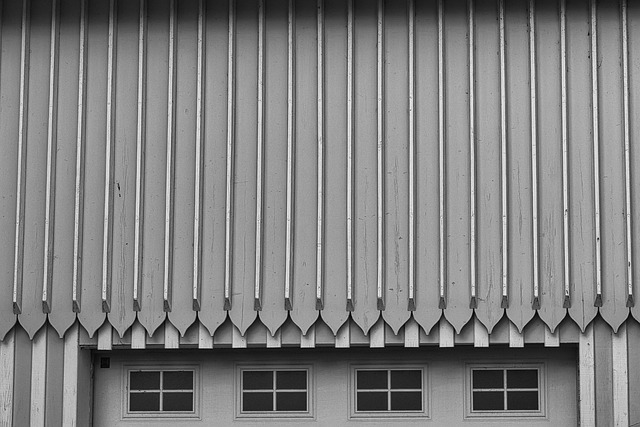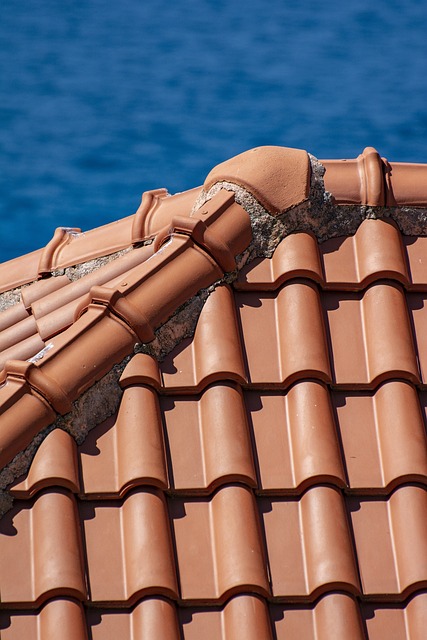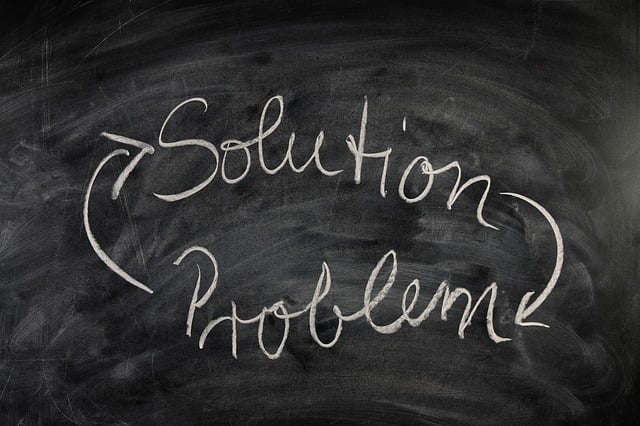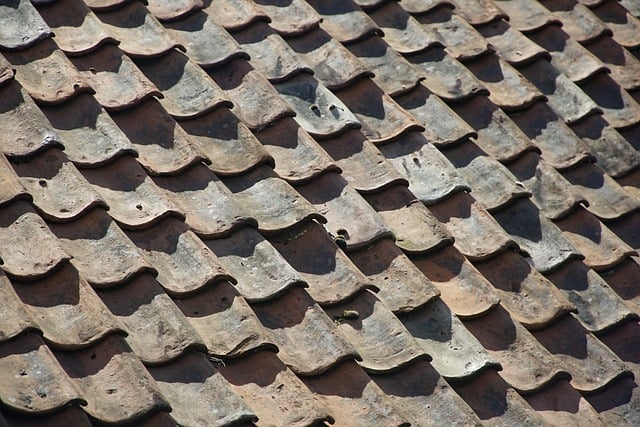Industrial properties require specialized Commercial Roofing Solutions addressing demanding operations, extreme weather, heavy machinery, and hazardous materials. Key considerations include structural integrity, fire resistance, insulation efficiency, and low maintenance costs. Materials like asphalt shingles, metal panels, flat roof membranes, and TPO sheets offer various benefits to accommodate mechanical equipment and withstand harsh conditions. Robust design, efficient drainage, accessibility, self-cleaning coatings, and fire-resistant features enhance performance. Streamlined installation processes and regular preventative maintenance extend lifespan and optimize commercial roofing systems' performance for industrial facilities. Understanding specific industry needs guides selection of suitable Commercial Roofing Solutions.
In the realm of industrial properties, a robust and durable roof system is not just an addition but a critical component. This article explores comprehensive solutions tailored to meet the unique challenges of commercial roofing. From understanding stringent industry requirements to selecting the right materials, we delve into design considerations ensuring longevity. We also highlight efficient installation processes ideal for large-scale projects and maintenance strategies to keep roofs performing optimally. Discover how these elements combine to offer effective commercial roofing solutions for diverse industrial applications.
Understanding Industrial Roof Requirements

Industrial properties present unique challenges when it comes to roofing due to their demanding nature and large-scale operations. Understanding the specific requirements for these roofs is essential in ensuring durability, safety, and compliance with regulations. Commercial roofing solutions for industrial buildings must withstand extreme weather conditions, heavy loads from machinery, and potentially hazardous materials stored or processed on-site.
Key considerations include structural integrity, fire resistance, insulation efficiency, and low maintenance costs. Industrial roofs often require specialized materials and designs to accommodate mechanical equipment, such as vents, pipes, and satellite dishes. Additionally, given the large span areas typical of industrial spaces, these roofs need effective spanning capabilities without intermediate supports. Commercial roofing solutions must be tailored to meet these specific needs, ensuring a robust and reliable barrier against environmental elements while facilitating the efficient operation of industrial facilities.
Common Commercial Roofing Materials

Commercial roofing solutions for industrial properties require durable and reliable materials that can withstand harsh weather conditions and heavy loads. Some of the most common commercial roofing materials include asphalt shingles, metal panels, flat roof membranes, and TPO (thermoplastic olefin) sheets. Asphalt shingles are a popular choice due to their cost-effectiveness and ease of installation, making them suitable for smaller industrial buildings. Metal panels, on the other hand, offer superior strength and longevity, ideal for larger structures that demand robust protection.
Flat roof membranes and TPO sheets are also widely used in commercial roofing applications. These materials provide excellent resistance against leaks and offer a wide range of temperature flexibility, making them suitable for various climate conditions. Additionally, they are known for their low maintenance requirements, ensuring long-term savings for industrial property owners. Each material has its unique advantages, catering to different needs and budgets, thus allowing businesses to select the most appropriate commercial roofing solution for their properties.
Design Considerations for Robustness and Durability

When designing roof systems for industrial properties, robustness and durability should be at the forefront of considerations. Industrial roofs often face harsh weather conditions, heavy loads from machinery, and constant exposure to various environmental factors. Therefore, commercial roofing solutions must be engineered to withstand these challenges. The design process should start with selecting robust materials known for their longevity, such as reinforced asphalt, metal, or single-ply membranes. Proper drainage systems are also crucial; efficient water flow prevents ponding, which can lead to structural damage over time.
Additionally, designing for accessibility and ease of maintenance is essential. Regular inspections and repairs are more manageable with flat or gently sloped roofs, allowing for easier walkability and the use of common maintenance equipment. Incorporating features like self-cleaning coatings, reflective surfaces (for energy efficiency), and fire-resistant materials can further enhance the durability and overall performance of industrial roofing systems.
Efficient Installation Processes for Large-Scale Projects

In the realm of commercial roofing solutions, efficient installation processes are paramount for large-scale projects. Streamlined methodologies allow for timely completion and reduced labor costs, making them a strategic choice for industrial properties. Advanced techniques such as mechanical fastening, seamless membrane systems, and pre-engineered metal panels significantly enhance speed and accuracy, ensuring structural integrity despite the vast expanse of roofing materials.
These efficient installation processes not only expedite project timelines but also contribute to long-term sustainability. By minimizing waste and optimizing material handling, commercial roofing experts can deliver cost-effective solutions that stand the test of time. This, in turn, lowers maintenance requirements and provides peace of mind for property owners, ensuring their industrial spaces remain protected against the elements for years to come.
Maintenance Strategies for Longevity and Performance

Regular maintenance is key to ensuring the longevity and optimal performance of any roof system, especially in industrial settings where roofs often bear heavy loads and are exposed to harsh weather conditions. A well-maintained commercial roofing solution can extend its service life by several years, reducing replacement costs and minimizing downtime for businesses.
One of the most effective strategies is implementing a preventative maintenance program that includes regular inspections. These should be performed by trained professionals who can identify even the smallest signs of wear or damage, such as missing or damaged shingles, flashing issues, or moisture intrusion. Routine cleaning to remove debris and dirt buildup is also essential, as this can block drainage systems and lead to water damage. Additionally, re-sealing and repairing areas of the roof that show signs of deterioration can prevent small problems from escalating into costly repairs.
Choosing the Right Roofing System for Specific Industrial Applications

When selecting a roofing system for industrial properties, understanding the specific application is key. Different industries have unique requirements that dictate the best commercial roofing solutions. For instance, facilities handling hazardous materials may need roofs that withstand extreme conditions and prevent leaks, while warehouses require robust systems capable of managing heavy loads from overhead racks.
Choosing the right roofing material becomes crucial in these scenarios. Options like metal roofing offer superior durability and resistance to harsh elements, making them ideal for industrial settings. Alternatively, flat roof systems with appropriate insulation can significantly improve energy efficiency, a growing concern among industrial businesses aiming to reduce operational costs.
